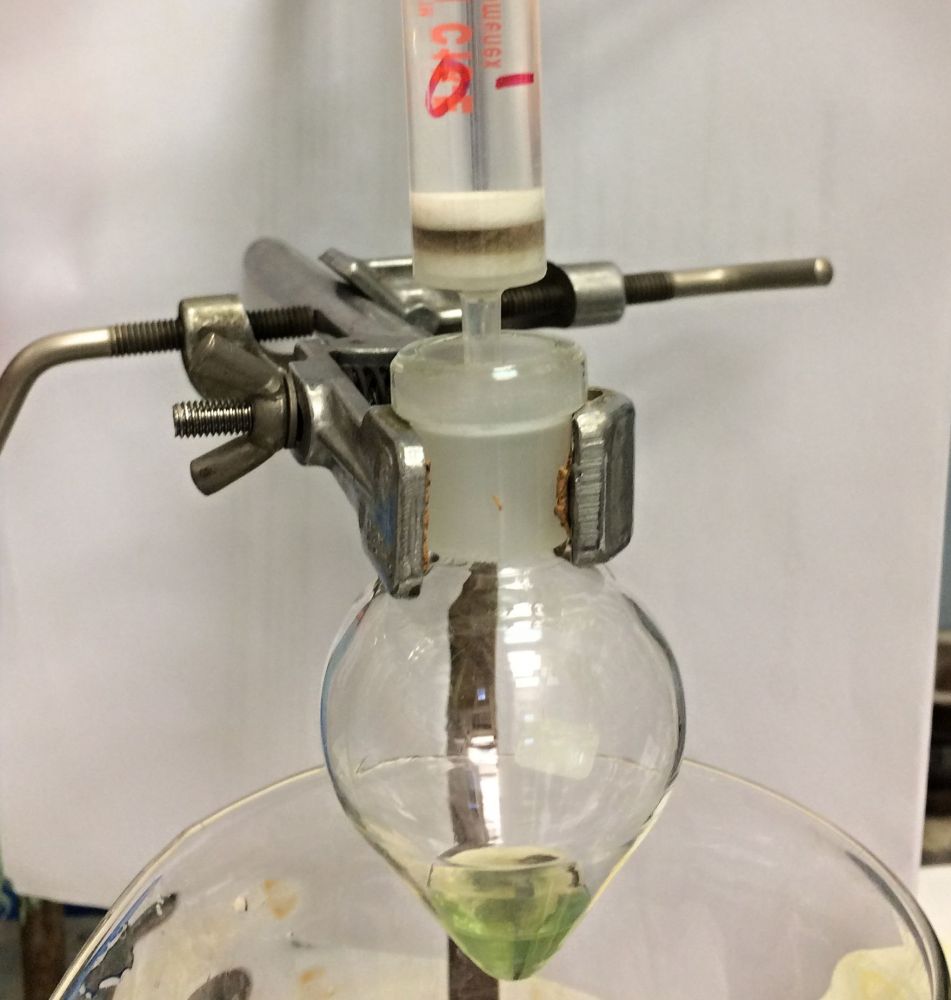Functional materials for (bio)technologies
In collaboration with our research partners, we develop and test packing materials with various functional potentials combining specific surface properties e.g. specific surface area, hydrophobicity, pore size and distribution, sorption properties, mineral nutrient content, utilizable carbon and nitrogen content and inducers for microbial production of specific substances e.g. biopesticides. We test intentionally synthesized polyurethane foams with controlled biodegradability as packing materials for production and decontamination bioreactors (collaboration with Institute of Macromolecular Chemistry, Czech Academy of Sciences) and various types of carbonaceous materials e.g. biochars (collaboration with ENERGO Zlatá Olešnice and Institute of Energy of ICT Prague). We predict the suitability of materials as a biofilm carrier (X/DLVO theory and balance of interfacial free energy) and observe real surface colonization (microscopy and image analysis).
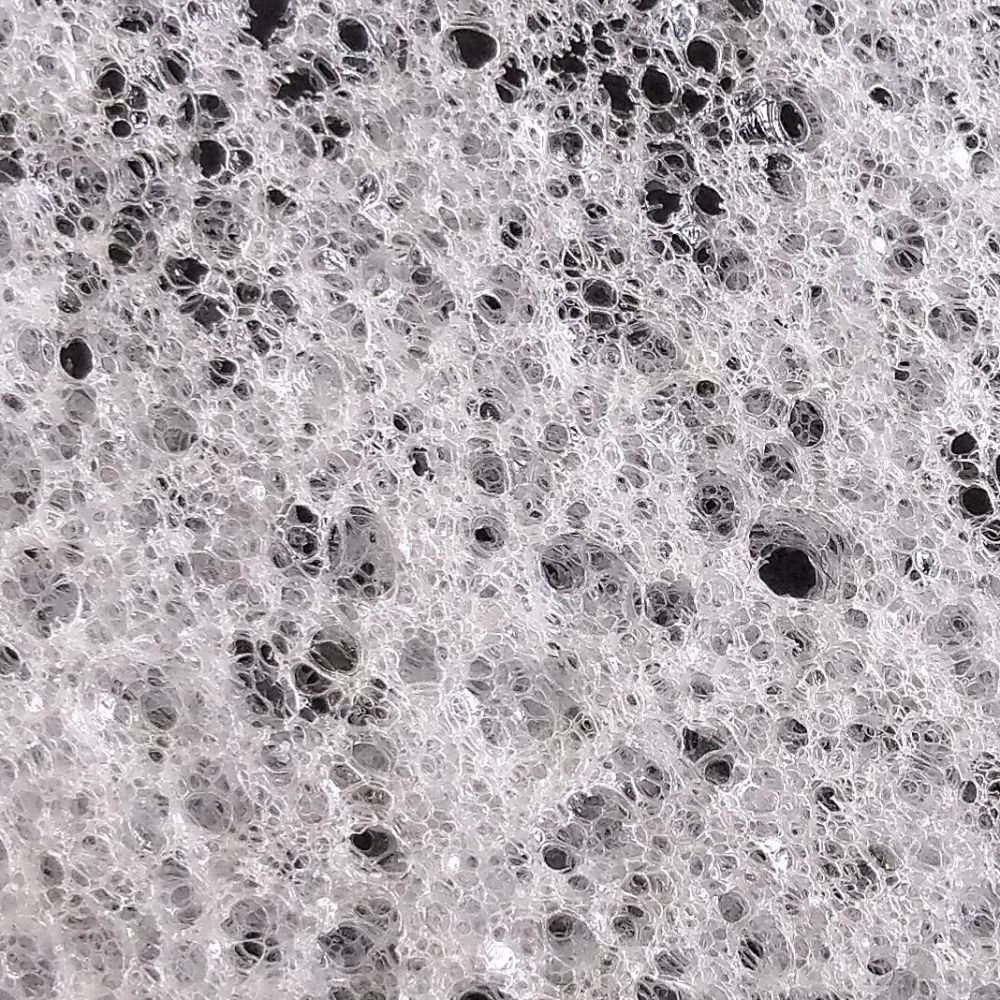
Bioactive compounds from marine microorganisms
Marine unicellular microorganisms are very rich in bioactive compounds and thus may be used in several biological applications. The most studied substances are polyunsaturated fatty acids (PUFAs), sterols, proteins and enzymes, and vitamins and pigments, which find applications in areas such as human and animal nutrition, therapeutics, and aquaculture. This project will focus mainly on marine microorganisms (e.g. algae, cyanobacteria, bacteria), their cultivation and culture condition-induced changes in the composition of biomass, and the identification of bioactive compounds with biotechnological potential.
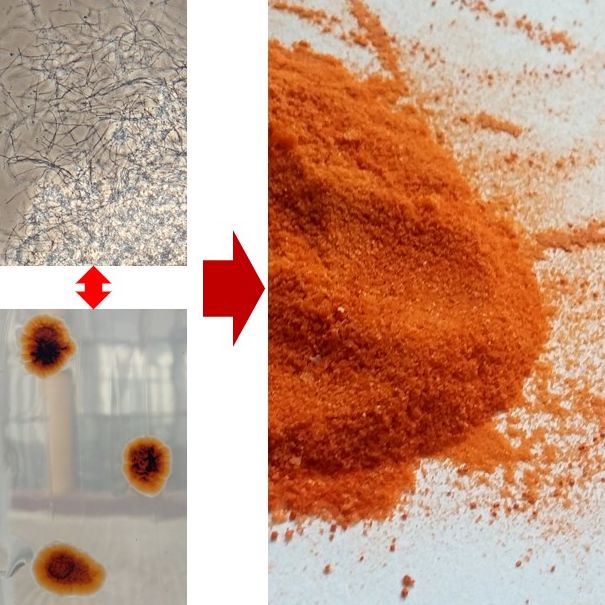
Surface interactions of microalgae
This project will carry out experimental research of factors (nutritive, growth conditions) influencing adhesion of industrially promising microalgae (food, environmental processes) to solid surfaces. The project is based on comparison of experimental data on adhesion intensities of microalgae, grown under different conditions to solid materials (glass, plastics, steel etc.), with predictions of adhesion made according to mathematical models (DLVO theory, balance of interfacial free energies) using physicochemical properties of interacting surfaces. The results are applicable both in cases when suppression of algal adhesion is desired (inner wall of photobioreactors) and in processes (biodegradation, biotransformation) where algal biofilm formation (immobilization) is wanted.
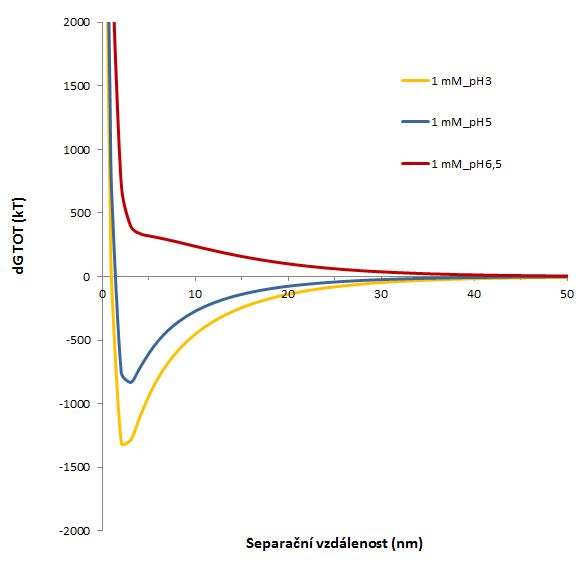
Biopesticides
Biopesticides are a key response to increased environmental quality as well as food quality requirements. In cooperation with research partners we deal with chitinase-based biopesticides (colaboration with Dekonta a.s.) and Pythium oligandrum (colaboration with Biopreparáty, s.r.o.). Chitinase-based biopesticides can be used as insecticides and fungicides. We focus on optimizing production process using biofilm systems on specifically synthesized polyurethane foam carriers with controlled biodegradability. Pythium oligandrum can be used in medicine, as a biopesticide in agriculture, and as a prevention of mold development in the entire malt production chain in the food industry (prevention of mycotoxins contamination).
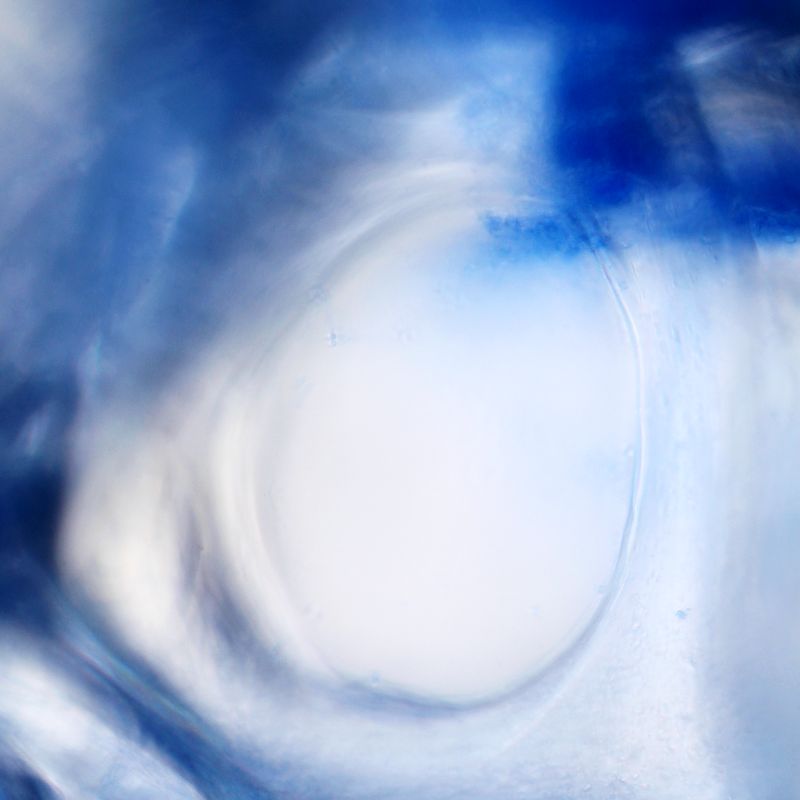
Technologies and (bio)reactors for wastewater and gas treatment
We are engaged in the use of packed bed and free-cell bioreactors for removal of volatile organic compounds (VOCs - petrol, diesel, mixtures of acetone and styrene and paint solvents and odorous substances) from waste gases and micropollutants (pharmaceuticals and pesticides) from contaminated water. In particular, we study the synergistic effects of the combination of physical-chemical and biological approaches such as multiphase bioreactors (absorption-biodegradation) and the combination of adsorption pre-columns with bioreactor or adsorption packing materials (adsorption - biodegradation).
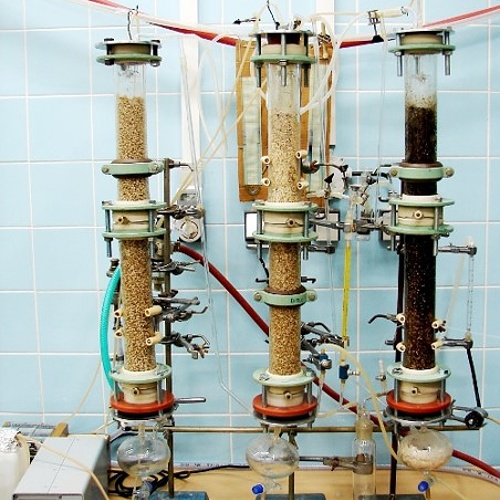
Biosorption potential of phototrophic microorganisms
Microalgal cell surfaces display a variety of binding sites, which allow biosorption of biologically active compounds. However, little is known about biosorption potential of phototrophic microorganisms towards organic molecules. The project aims to clarify fundamental relationships between adsorbent composition (microalgae and its fractions) and chemical structure of adsorbate. The scope of experimental work is defined by phototrophic taxons (Chlorella, Porphyridium, Arthrospira) and series of target compounds (polyphenols) with varying structures. Data on biosorption of individual polyphenols and their mixtures will be supported by physicochemical and chemical characterization of interacting entities, rheological data on dispersed systems and mathematical description of reaction equilibrium and kinetics. Based on this information, experiments will be performed to test 1) biosorption of ecologically, nutritionally, therapeutically relevant compounds of microalgal biomass or its fractions, 2) effective separation methods of dispersed sorbents from solutions, and 3) scale-up approaches.
